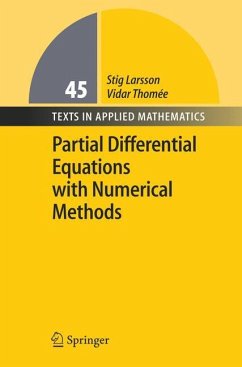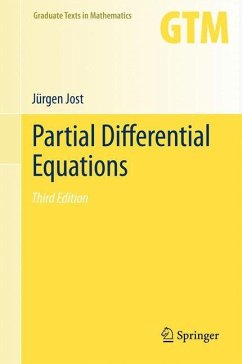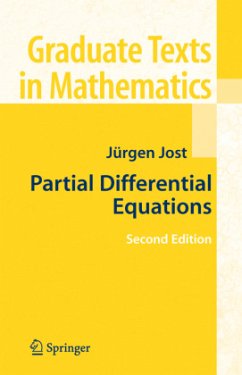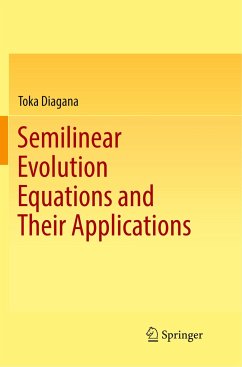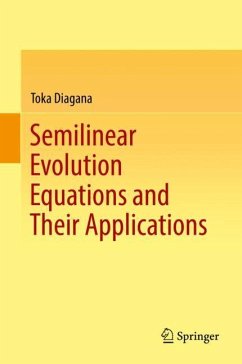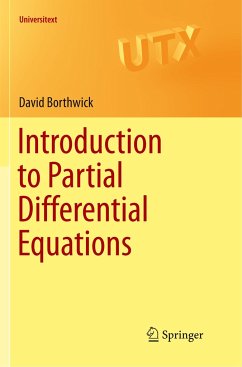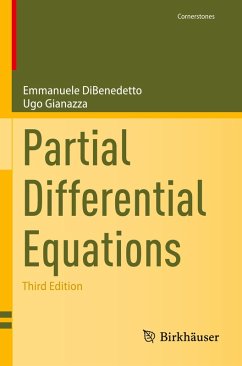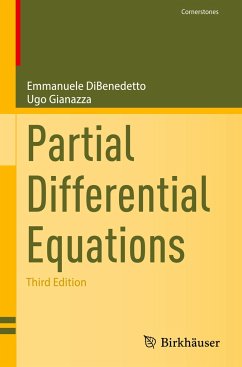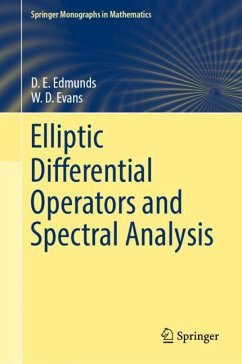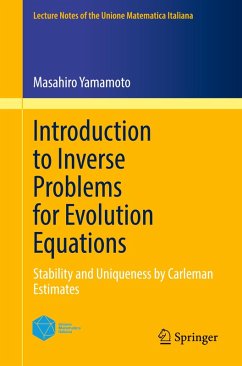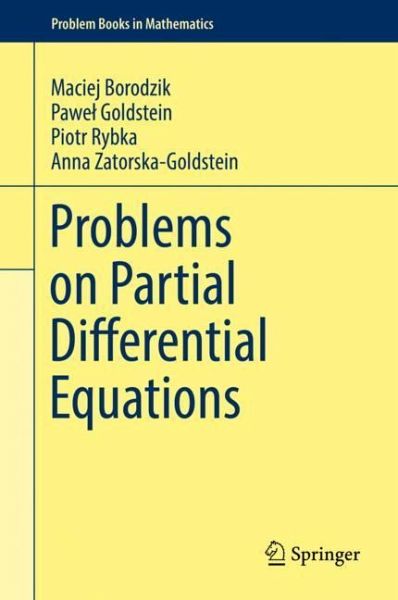
Problems on Partial Differential Equations

PAYBACK Punkte
25 °P sammeln!
This book covers a diverse range of topics in Mathematical Physics, linear and nonlinear PDEs. Though the text reflects the classical theory, the main emphasis is on introducing readers to the latest developments based on the notions of weak solutions and Sobolev spaces.In numerous problems, the student is asked to prove a given statement, e.g. to show the existence of a solution to a certain PDE. Usually there is no closed-formula answer available, which is why there is no answer section, although helpful hints are often provided.This textbook offers a valuable asset for students and educator...
This book covers a diverse range of topics in Mathematical Physics, linear and nonlinear PDEs. Though the text reflects the classical theory, the main emphasis is on introducing readers to the latest developments based on the notions of weak solutions and Sobolev spaces.
In numerous problems, the student is asked to prove a given statement, e.g. to show the existence of a solution to a certain PDE. Usually there is no closed-formula answer available, which is why there is no answer section, although helpful hints are often provided.
This textbook offers a valuable asset for students and educators alike. As it adopts a perspective on PDEs that is neither too theoretical nor too practical, it represents the perfect companion to a broad spectrum of courses.
In numerous problems, the student is asked to prove a given statement, e.g. to show the existence of a solution to a certain PDE. Usually there is no closed-formula answer available, which is why there is no answer section, although helpful hints are often provided.
This textbook offers a valuable asset for students and educators alike. As it adopts a perspective on PDEs that is neither too theoretical nor too practical, it represents the perfect companion to a broad spectrum of courses.



